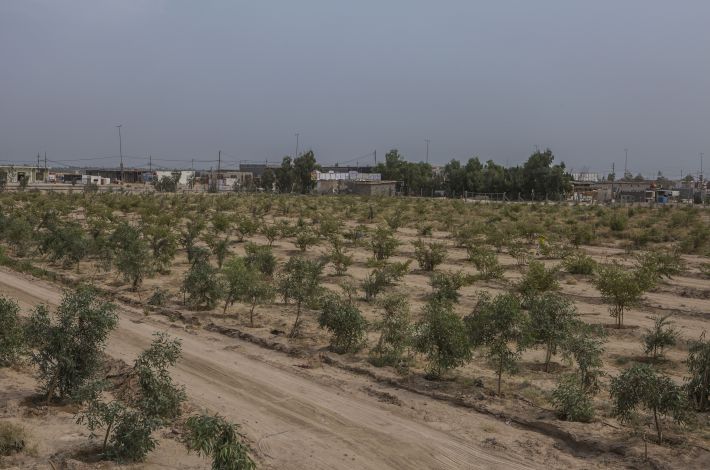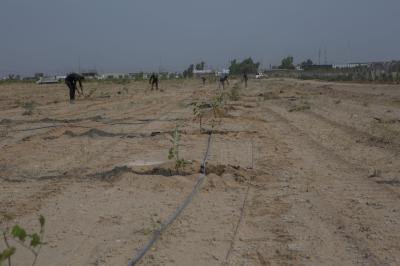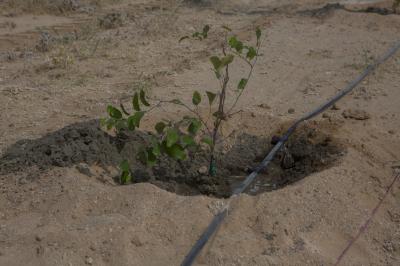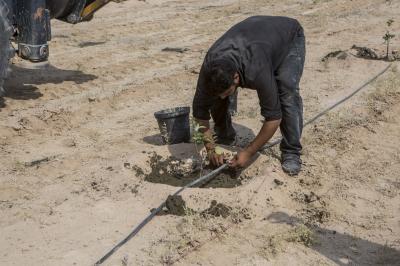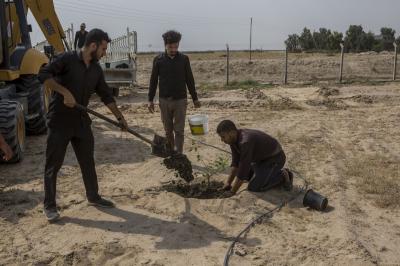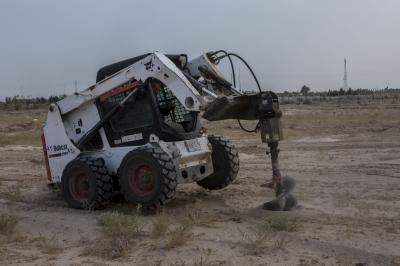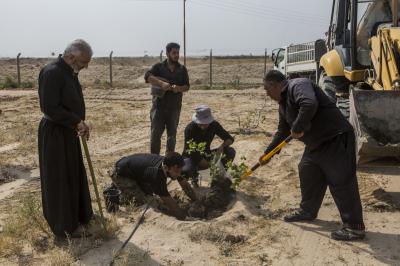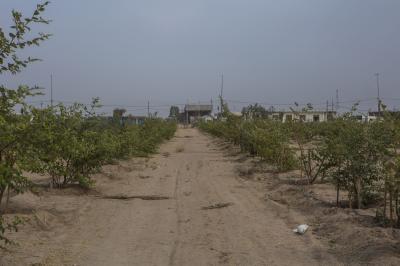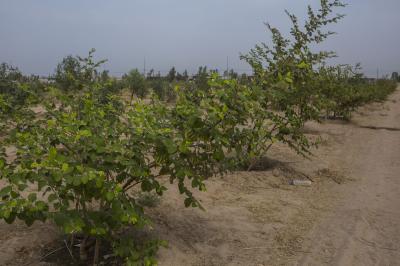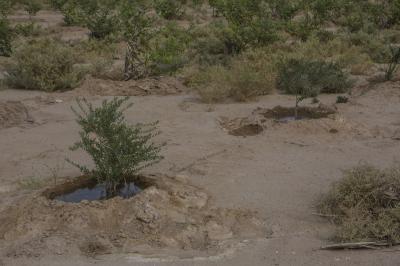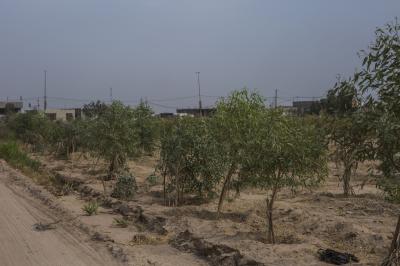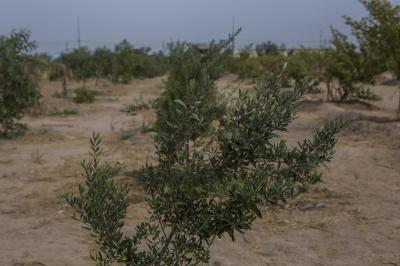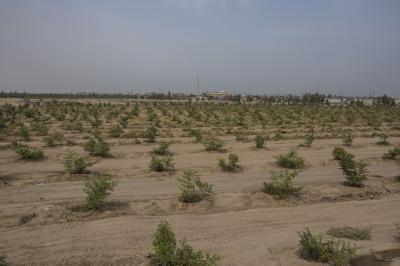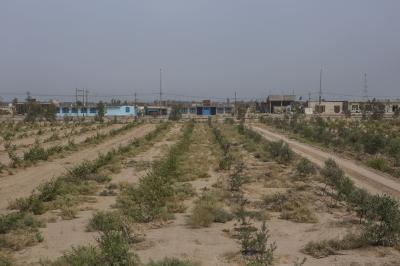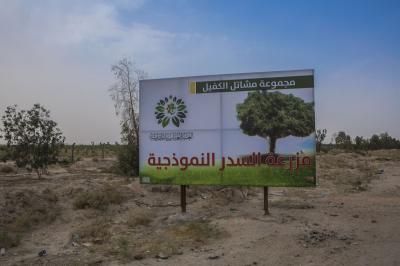As part of a series of specialized agricultural projects that it has adopted previously, and as a starting point for future projects aimed at contributing to the advancement of the agricultural reality in the country transforming it from consumer to producer, the al-Abbas's (p) holy shrine established a typical farm of 70 dunums of rare varieties with nutritional value and productivity, Thus exploiting the vast desert areas and turning them into green spaces in application of the noble Hadith: "The land is for he who makes it alive."
The farm was carried out with modern agricultural specifications and techniques. The competent staff of the Al-Kafeel group of nurseries of the service affairs department at the al-Abbas's (p) Holy Shrine, which has the expertise and competencies that qualifies for this experience.
The Al-Kafeel Global Network met with the head of the service department and the supervisor of the project, Haj Khalil Hanoun, who said: "The typical Ziziphus farm came after the success achieved at the typical palm farm, which is part of the ideas and proposals put forward by the General Secretariat of the al-Abbas's (p) Holy Shrine, and we worked on its development, discussion and adoption of its outputs on the ground, the result was the establishment of a farm for the first time in Iraq and includes rare types of Ziziphus on a land bought by the holy shrine located on the road (Najaf - Karbala). And we hope to contribute to covering the local needs of this product that is used in the food and medical field. The project also will contribute to increasing the green areas in the province of Karbala and invest its deserts, the project is the first experience as we have the intention to adopt typical farms of other fruit such as pomegranates and figs."
The agricultural engineer Mu'ayad Hatef, head of the Al-Kafeel Group of nurseries also stated: "The Seder Farm is one of the model farms we will set up in the future. It is established on an area of 70 dunums divided into five sections, each section is of (15 dunums), before which we have carried out preparatory works such as:
- Soil study and the work of natural analysis of soil and water, to determine the proportion and types of salts and determine the optimal method of reclamation and agriculture, through laboratories belonging to the al-Abbas's (p) Holy Shrine.
- Design work for the farm and identify the places of planting of Ziziphus trees.
- Performing land settlement work according to each section and according to the plans prepared in advance.
- Determination of tree planting spots.
- Installing a modern and sophisticated irrigation network for irrigation of trees based on groundwater.
- Spraying the land with pesticides and fertilizers that contribute to the desalination of the soil and help to accelerate the germination of trees."
"As a first stage, we planted more than (1900) trees that were brought from in and out of Iraq, which are good varieties such as flora, olive, aromatic and others, with the installation of a natural boulder of the wind that surrounds the farm from the Ziziphus desert and Eucalyptus trees."
It is noteworthy that the al-Abbas's (p) Holy Shrine has adopted many agricultural projects and paid special attention to this vital and important sector, which is one of the economic arteries of the country, harnessing for this purpose human and logistical capabilities.
